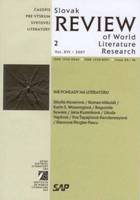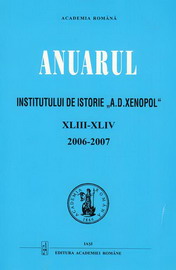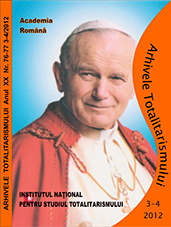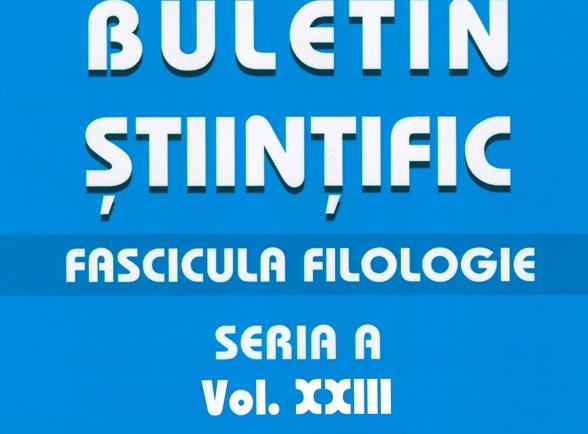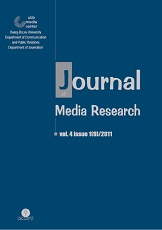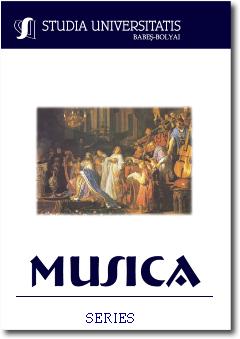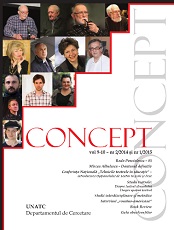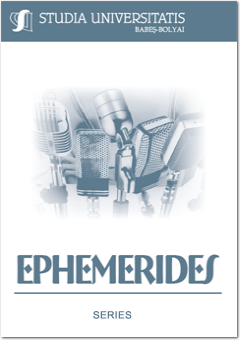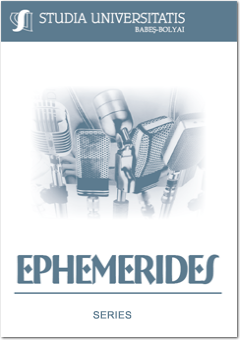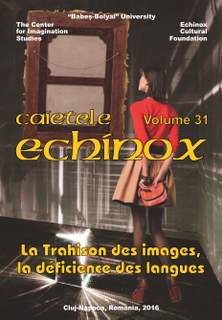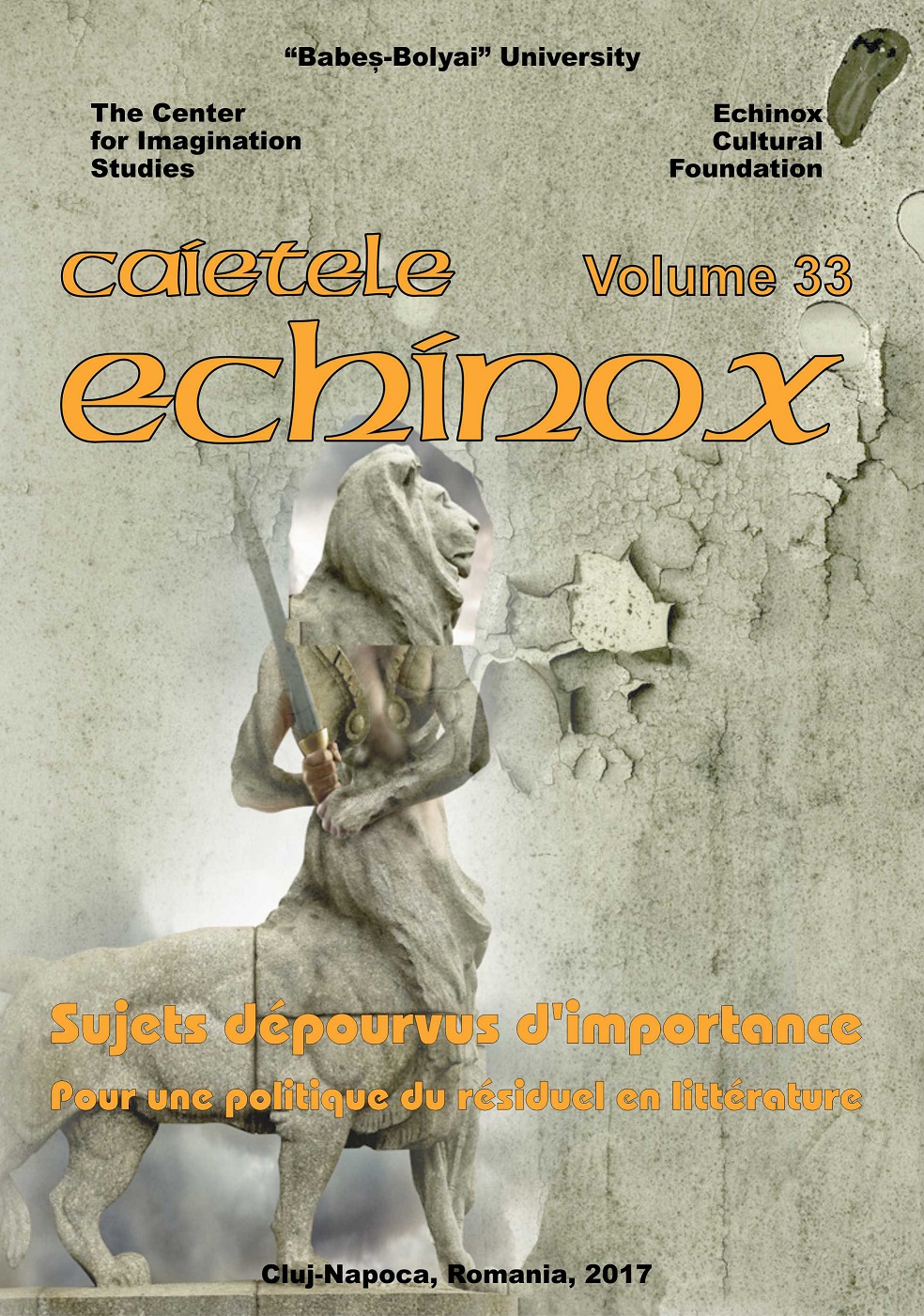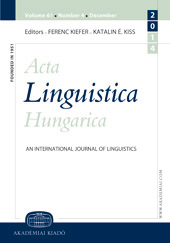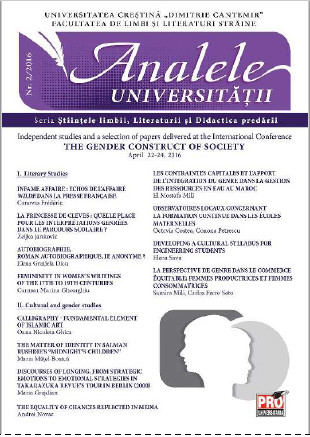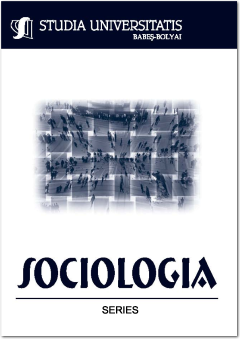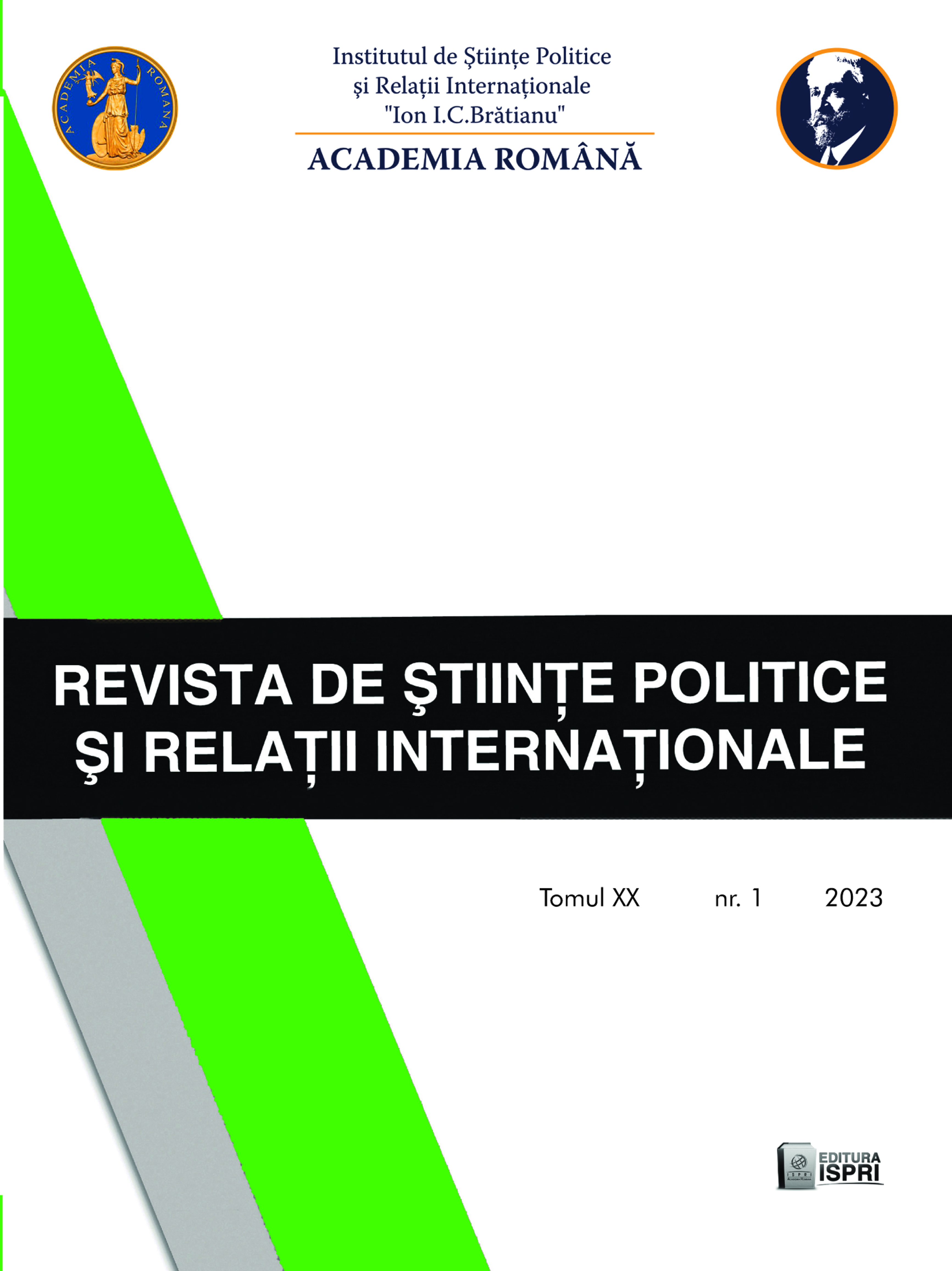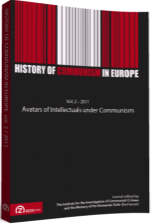
Revisiting Romanian Dissent under Communism. The Unbearable Lightness of Solitude
Revisiting Romanian Dissent under Communism. The Unbearable Lightness of Solitude
Keywords: public intellectuals; dissent; Romania; ethical minimalism
Explanations for the relative silence of Romanian intellectuals be- tween 1945 and 1989 vary, though all center upon the regime’s ability to coerce and control intellectual circles through its repressive and manipulative tools, such as its political police (the Securitate), a nationalist discourse that equated opposition with betrayal and an incentive-based approach (economic and social benefits). While structural constraints as well as a particular nationalistic culture, explain the limited dissent, they do not account for why dissent happened at all. This article focuses on agency as well as context examining not just the factors that influenced dissent but also analyzing the various forms of dissent which occurred during communism. It takes a historical analysis approach and relies upon a dataset obtained through original, open-ended inter- views with leading Romanian intellectuals and primary sources (i.e. memoirs, open letters) to explain and analyze intellectual dissent. The article argues that individual acts of dissent show that despite the sophisticated mechanisms of indoctrination, propaganda and control, the party’s ability to atomize society was not absolute. Such Quijotic acts provided society with reference points outside the sphere of the Party itself and the grey zone of ethical minimalism
More...
